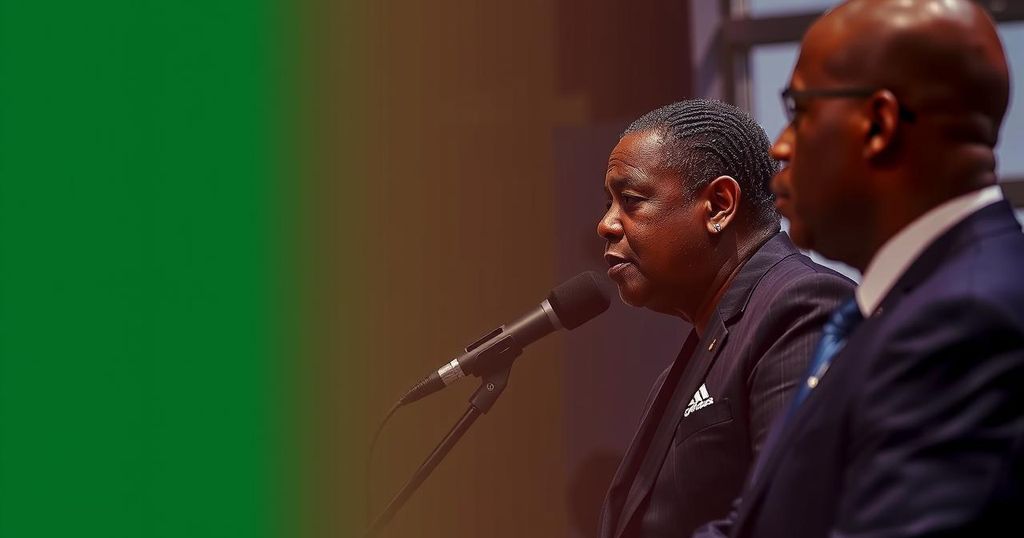Namibia Elections 2024: A Potential Shift in Political Power

Namibia’s upcoming 2024 elections promise to be the most competitive yet, with President SWAPO facing significant challenges from emerging parties. Vice President Netumbo Nandi-Ndaitwah leads the SWAPO ticket while newcomer Panduleni Itula has gained popularity among the youth. Key issues include economic disparity, unemployment, and governmental corruption, raising the stakes for both the ruling party and its challengers in the electoral race.
The 2024 Namibian elections are poised to be a significant moment in the country’s political history, occurring against a backdrop of changing political dynamics in Southern Africa. Voters will choose a president and parliamentary representatives amid rising dissatisfaction with the ruling SWAPO Party due to economic inequality, corruption, and high unemployment rates. Vice President Netumbo Nandi-Ndaitwah, the first female presidential candidate for SWAPO, faces strong competition, particularly from newcomer Panduleni Itula of the Independent Patriots for Change, who appeals to the youth. The election will feature 21 political parties, with 15 presidential candidates competing for more than half of the vote necessary to secure the presidency outright. The environment leading into the elections suggests potential upheaval, reflecting broader regional trends of electoral challenges to long-standing political parties. As voting day approaches, with 1.45 million registered voters, the stakes are high and the outcome remains uncertain.
Namibia, since gaining independence from apartheid South Africa in 1990, has been primarily governed by the SWAPO Party. However, recent elections in Southern Africa have seen the rise of opposition parties and a decline in support for traditional ruling parties. The dissatisfaction among voters, particularly among the youth regarding issues like employment and corruption, signifies a potential shift in political power dynamics in Namibia. The upcoming elections, taking place on November 27, 2024, come amid a climate of political unrest across neighboring countries, further complicating SWAPO’s stronghold.
In conclusion, the 2024 Namibian elections mark a critical juncture for the country, as rising dissatisfaction with the ruling SWAPO Party and the emergence of strong opposition candidates, particularly from the youth, suggest a potential shift in power. The political landscape is characterized by a call for economic reform, eradication of corruption, and more aggressive land redistribution policies. As Namibians prepare to cast their votes, the results of this election could redefine the nation’s political future.
Original Source: www.aljazeera.com







